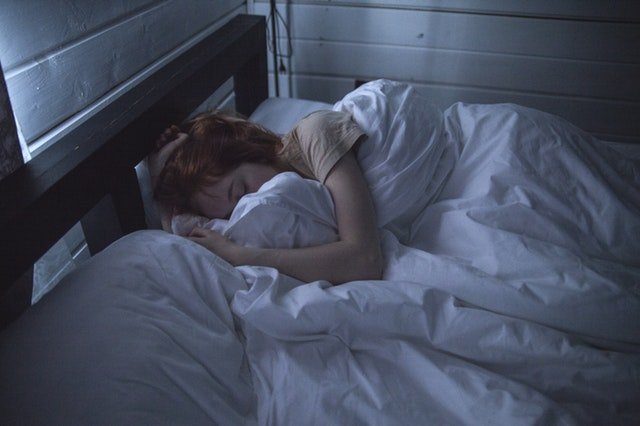
If a patient is diagnosed with atrial fibrillation, a common type of irregular heart heat, the doctor often will recommend the patient do tests for obstructive sleep apnea.
Researchers have found that the two health conditions are highly connected.
Atrial fibrillation, or Afib, affects an estimated 6 million Americans.
Afib is a heart rhythm disorder. In the disease, patients have irregular heartbeats. The condition could lead to stroke and other cardiovascular diseases.
Recent studies have shown that Afib has many causes. This includes age, heart disease, high blood pressure, and sleep problems.
Importantly, about half of people with Afib suffer from sleep apnea. This suggests that sleep apnea is a big risk factor.
People with sleep apnea experience blockage in the airway, or restricted breathing, for 10 seconds or longer during sleep.
The condition can range from mild to severe.
Several things could cause sleep apnea, including overweight, narrowed airway, chronic nasal congestion, high blood pressure, smoking, drinking alcohol, aging, gender (being a man) and family history of the disease.
The treatment of the condition is continuous positive airway pressure (CPAP).
In the treatment, patients wear a mask during sleep. The mask conducts pressurized air through the nose, or through the nose and mouth, to the throat.
The added pressure in the throat then keeps it from collapsing during sleep to enable normal breathing.
If a patient has both Afib and sleep apnea, the Afib condition can be treated in conjunction with CPAP treatment.
The treatment for Afib is often catheter ablation, a minimally invasive technique.
In the treatment, a catheter is threaded through the blood vessels and into the left atrium of the heart, where radiofrequency or cryo energy is applied to the heart muscle to cauterize the “short circuits” in the heart’s electrical system that are generating the Afib.
That method is most effective when combined with CPAP adherence.
Experts suggest that ablation is more successful in patients who are using CPAP for their sleep apnea.
If a patient is diagnosed with sleep apnea but not treated for it, the Afib recurrence following ablation is much higher than in patients without obstructive sleep apnea.
Therefore, it is crucial to treat both conditions together.
Copyright © 2018 Knowridge Science Report. All rights reserved.



